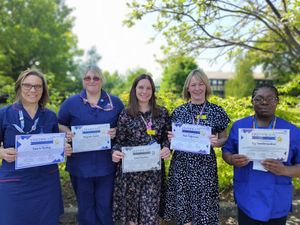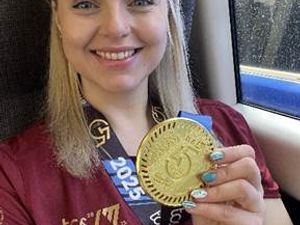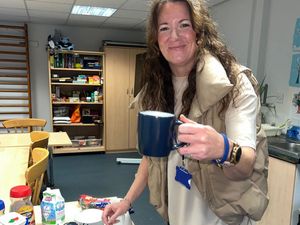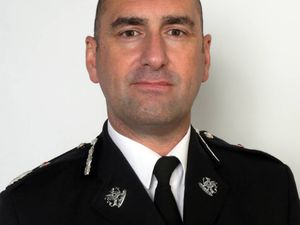Blood donor sessions being cut in Shropshire
Blood donor sessions are being dramatically scaled back in Shropshire and up to 17 members of staff will be made redundant.
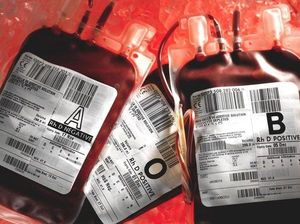
Sessions in a number of towns including Oswestry, Telford, Bridgnorth and Shrewsbury are being cut due to a fall in demand in the amount of blood needed.
Many donors have now been left struggling to find a venue where they can donate their blood, with a number saying they will have to cross the border in to Wales to attend sessions in Llandrinio and beyond.
The NHS Blood and Transplant service will be closing 23 sessions across Shropshire and Staffordshire.
They are in Bayston Hill, Bishops Castle, Bridgnorth, Codsall, Dawley, DLO (Donnington), Donnington, Ellesmere, Highley, Madeley, Market Drayton, Minsterley, Newport, Oakengates, Oswestry, Penkridge, Penn, Shifnal, Wellington, Wem, Wombourne and Wordsley.
Some sessions in Shrewsbury, Telford, Perton and Stafford South will remain open and be served by the Sutton team, although waiting times for appointments are expected to be lengthy. There will also be some sessions in Ludlow operated by a team from across the border in Herefordshire.
The changes will come in to force in March.
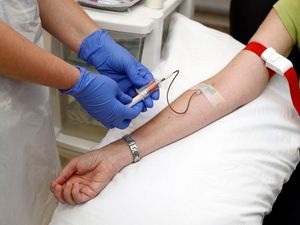
A spokeswoman for the NHS Blood and Transplant service said: "We are reducing the number of blood donation sessions that we hold, because there is a reduced national demand for blood from hospitals.
"We are closing smaller six-bed donation sessions and asking people to donate at larger nine-bed sessions nearby.
"We can collect the blood patients need more effectively and keep costs for the wider NHS as low as possible at larger sessions. We are also disestablishing the Telford Collection Team and sessions that remain in this area will be served by the Sutton collection team. This will prove a more productive collection programme for the remaining teams in the West Midlands area.
"Blood is still needed for a number of conditions including sickle cell disease, cancer and for people in accidents. Hospital blood use is declining by 3-4 per cent a year and we have made changes to our sessions in many parts of the country.
"We are asking some donors with blood types that are in short supply to donate more regularly, and asking others to donate a little less often so that we do not collect more blood than is required.
"As we make these changes, we are continuing to run our awareness campaigns because we must attract new donors. Every year thousands of donors can no longer donate continue for reasons such as illness, pregnancy, and foreign travel.
"We need an extra 40,000 black donors who are more likely to have the rare blood type needed to treat sickle cell patients. And we will continue to recruit 200,000 new donors to replace those who stop donating each year due to health or other reasons.
"This means we will continue to have the right number of donors and enough of the different blood types to meet patient need or cope with any emergencies."

